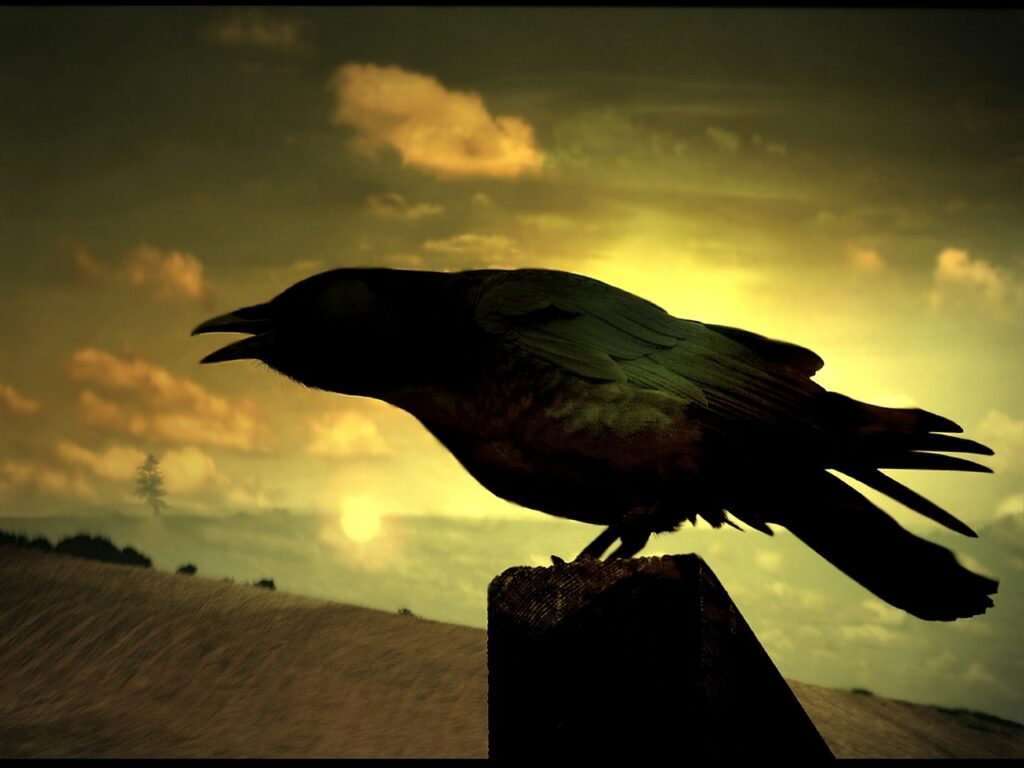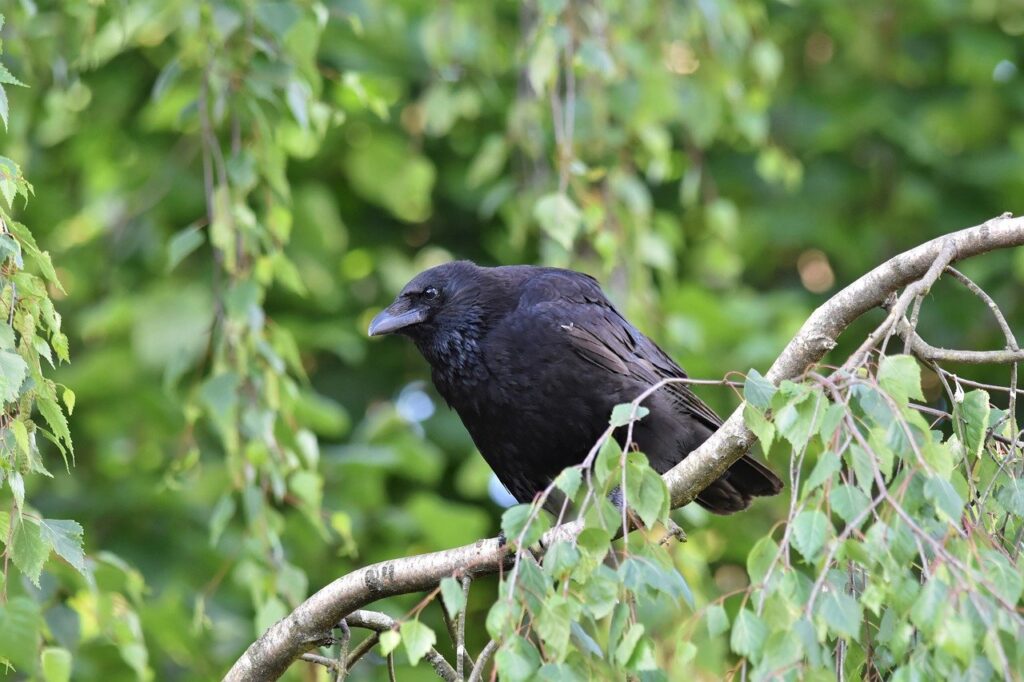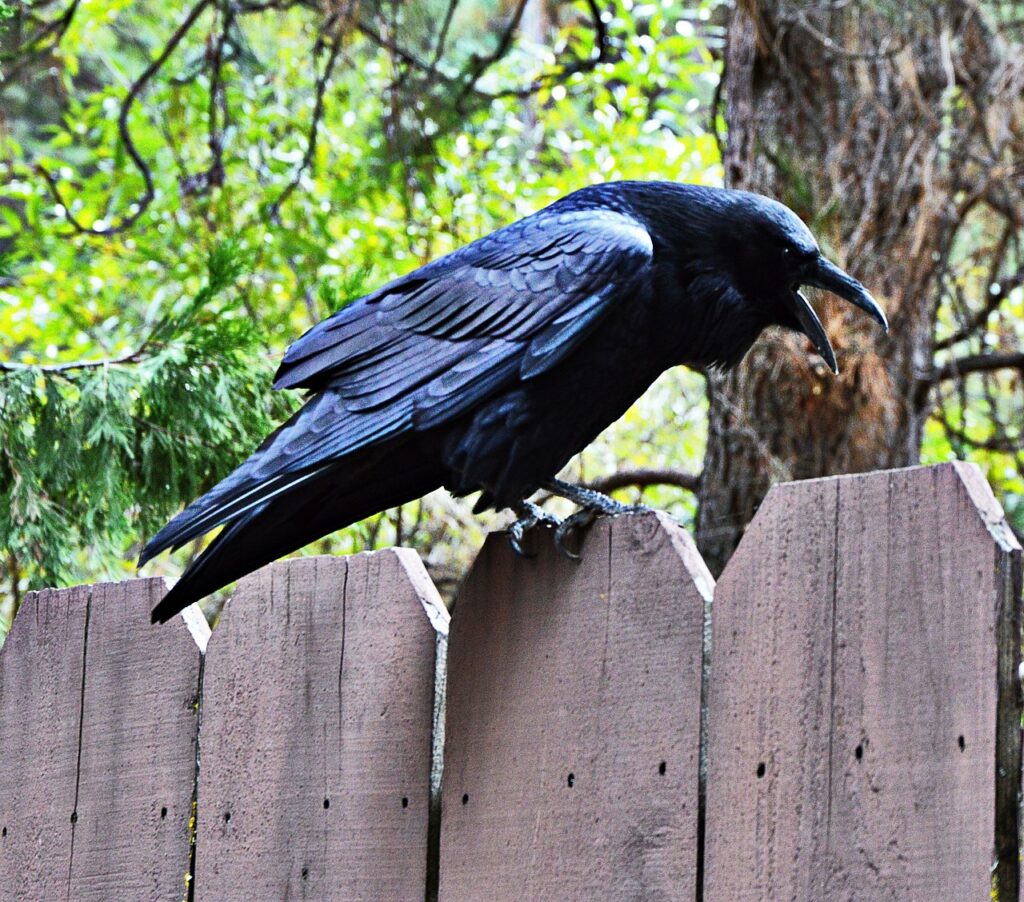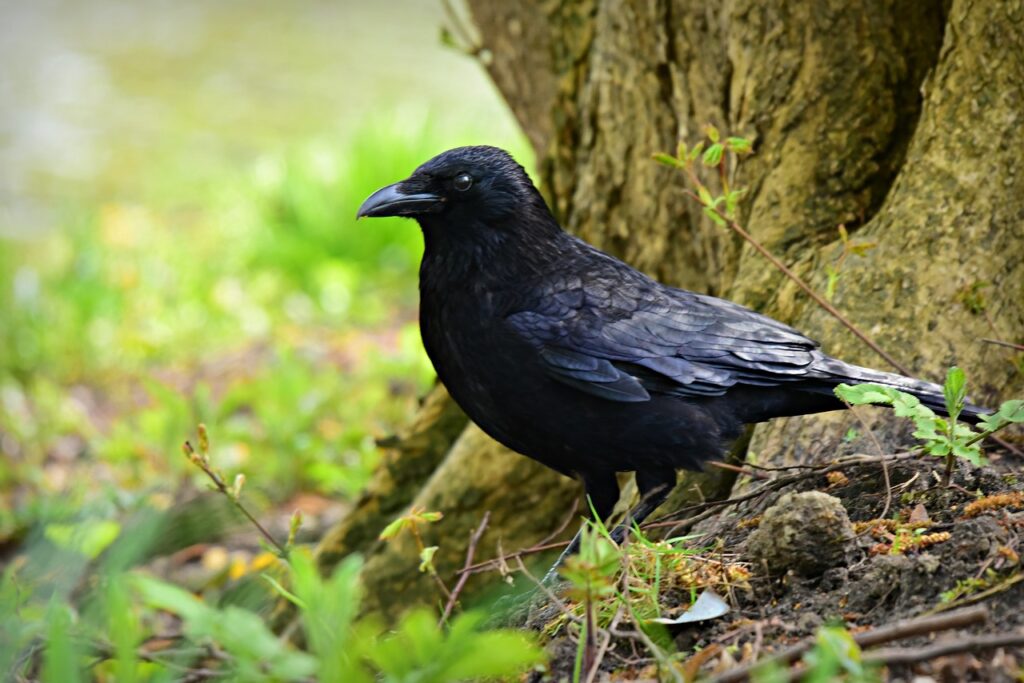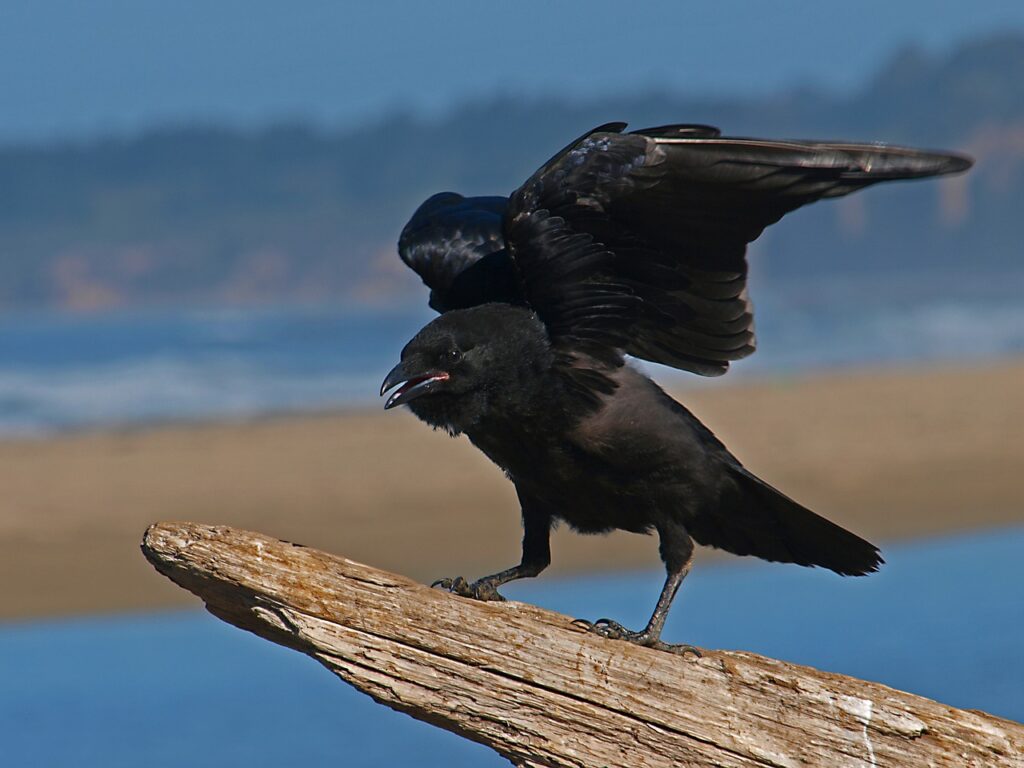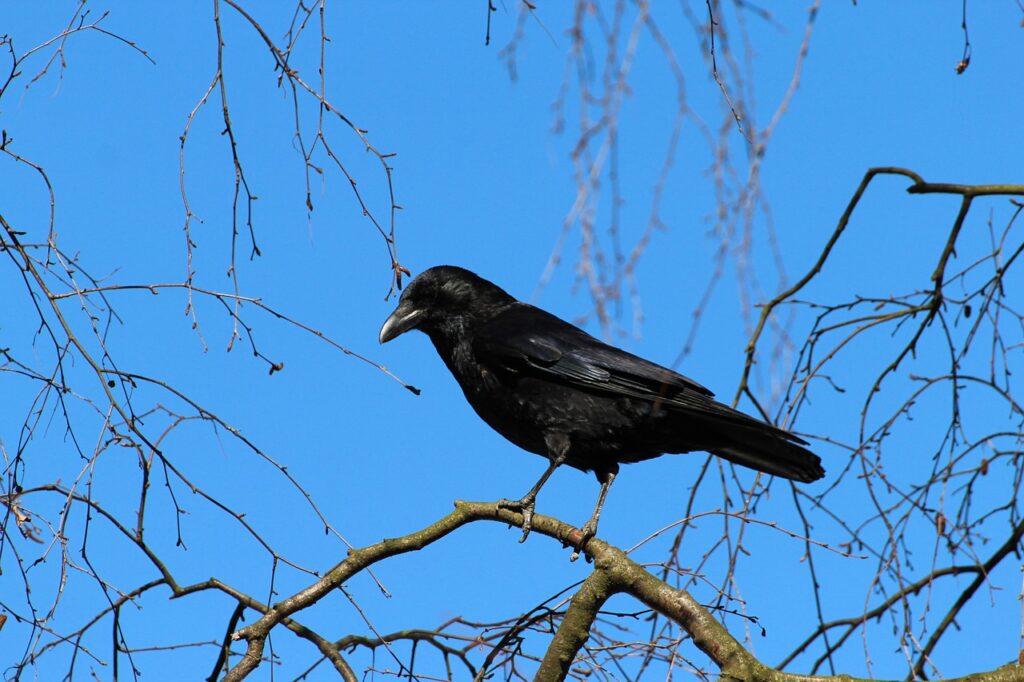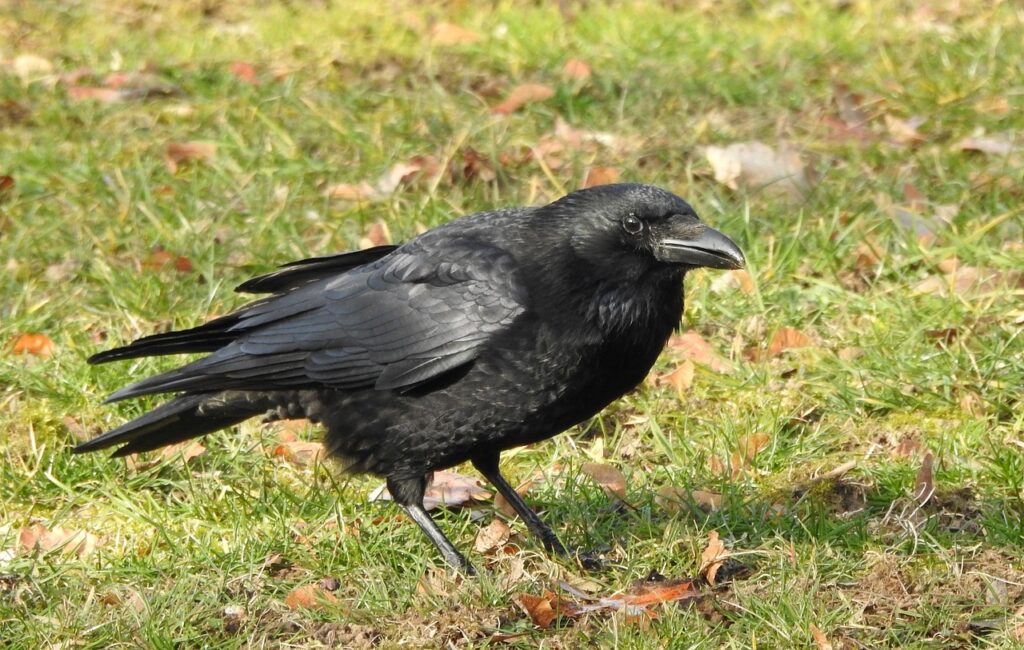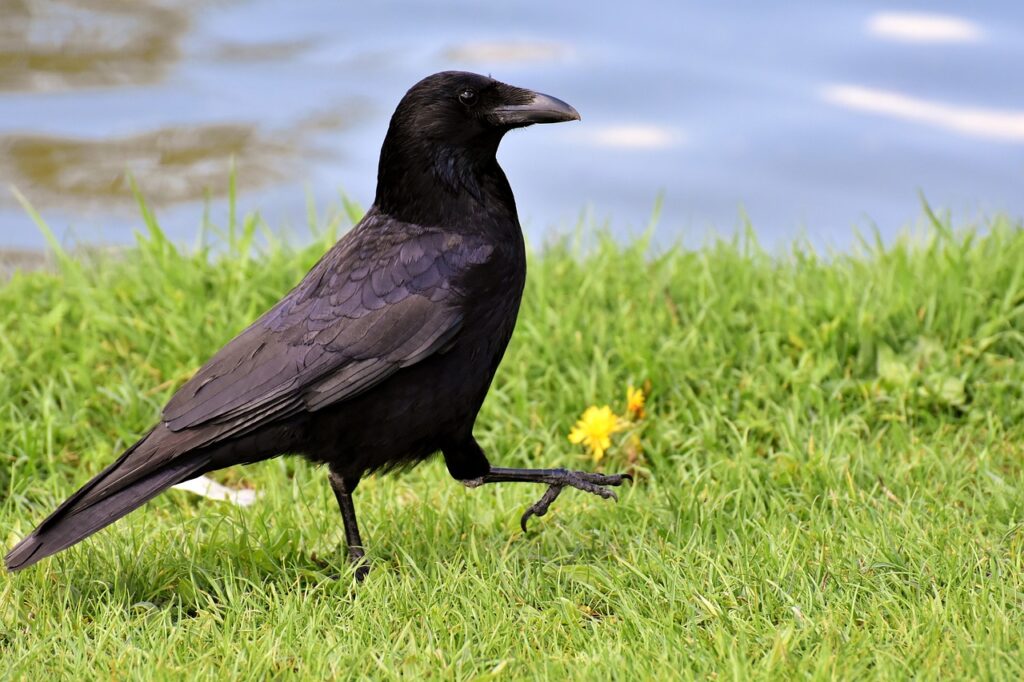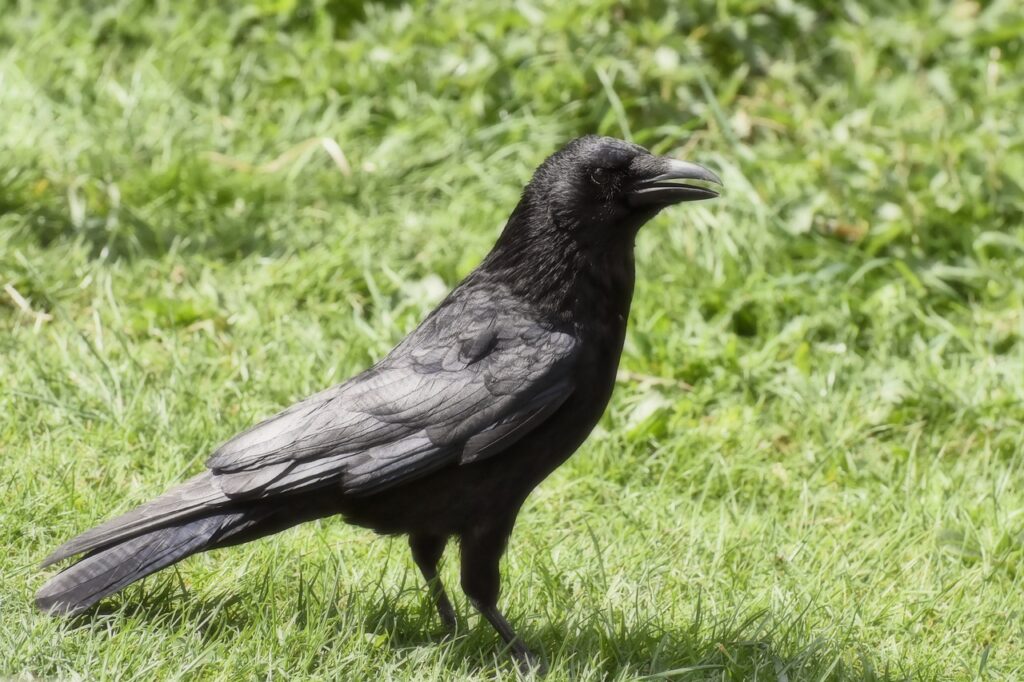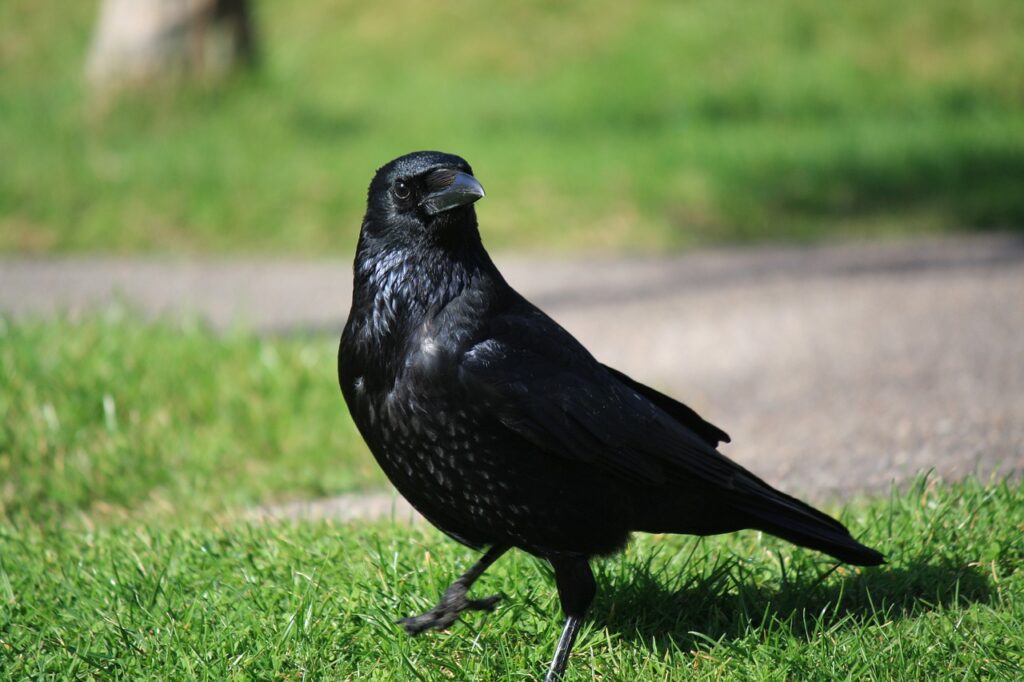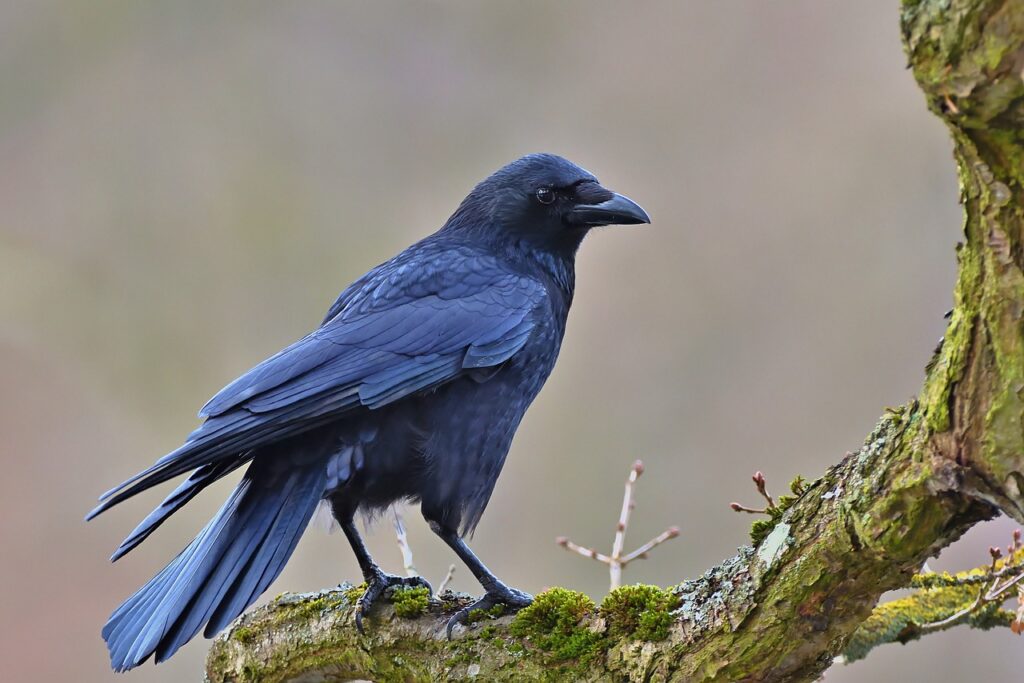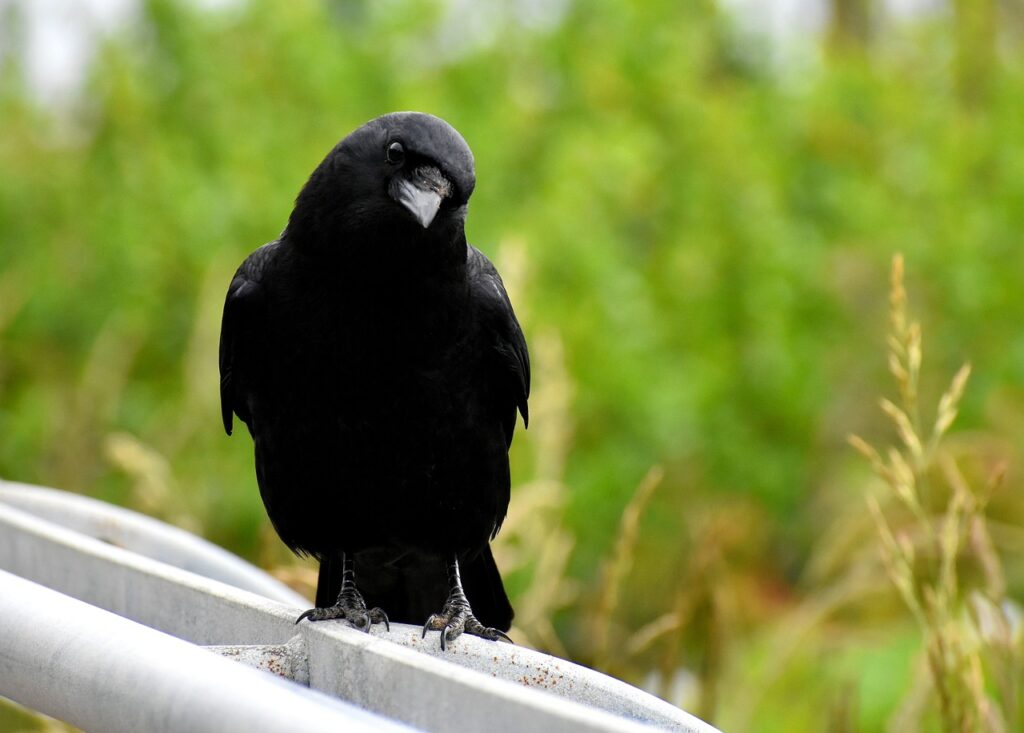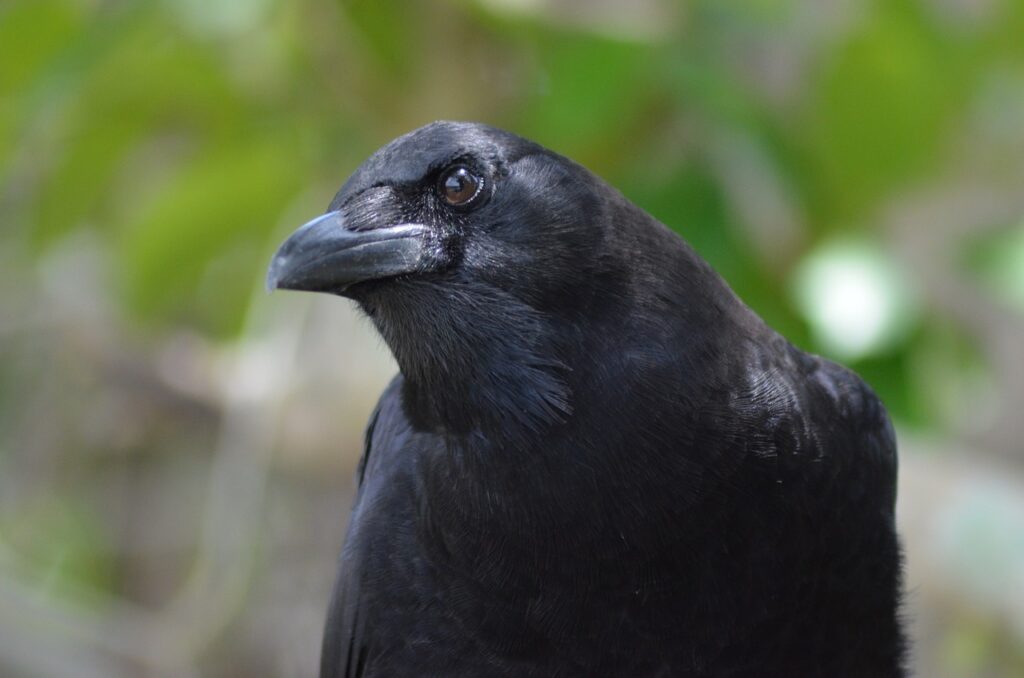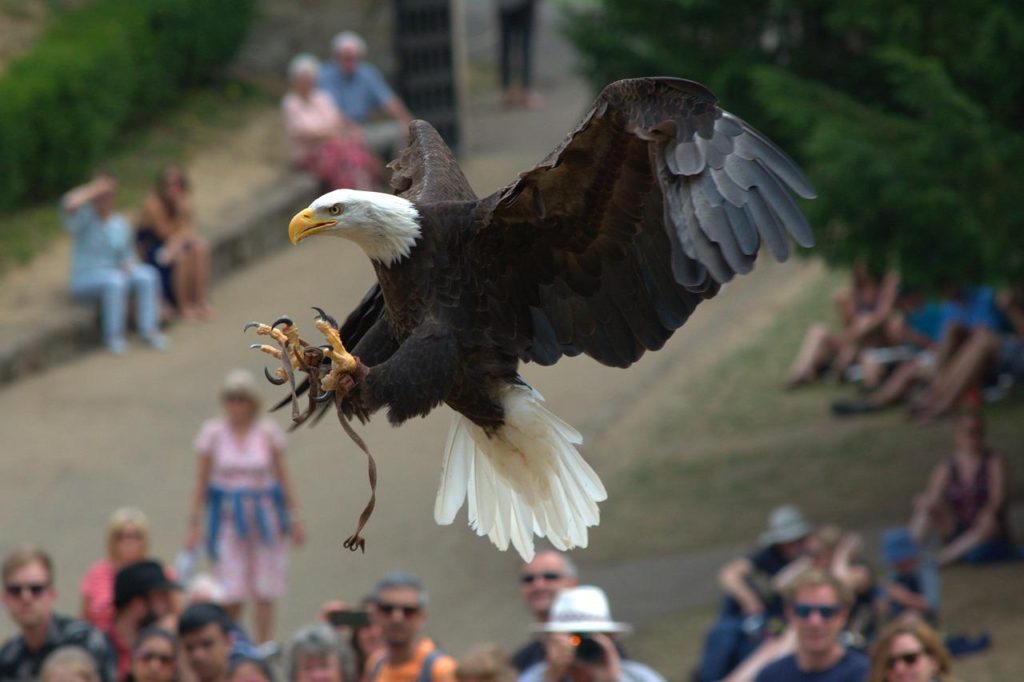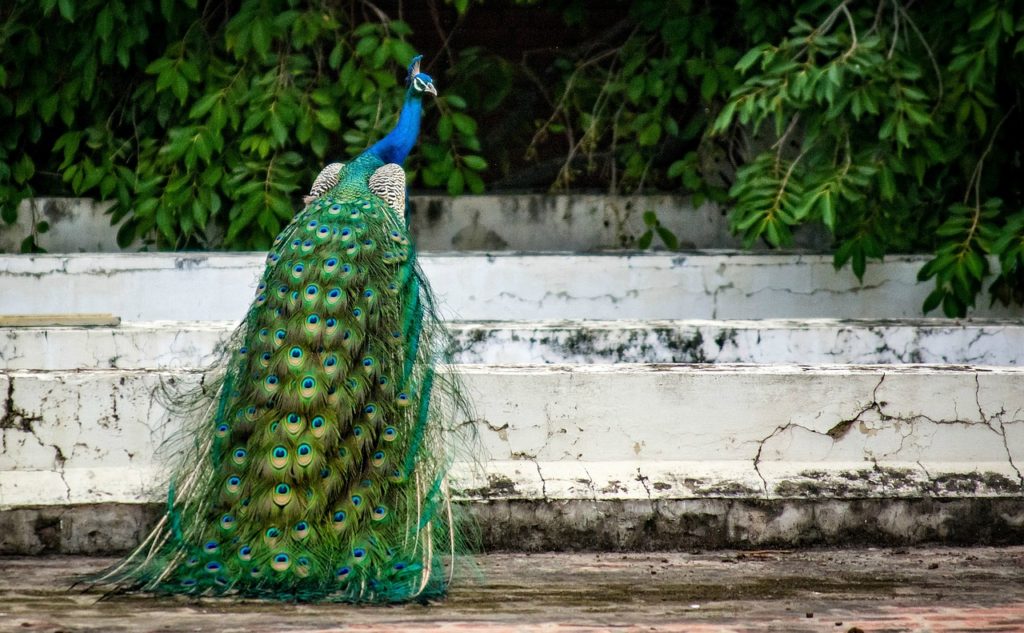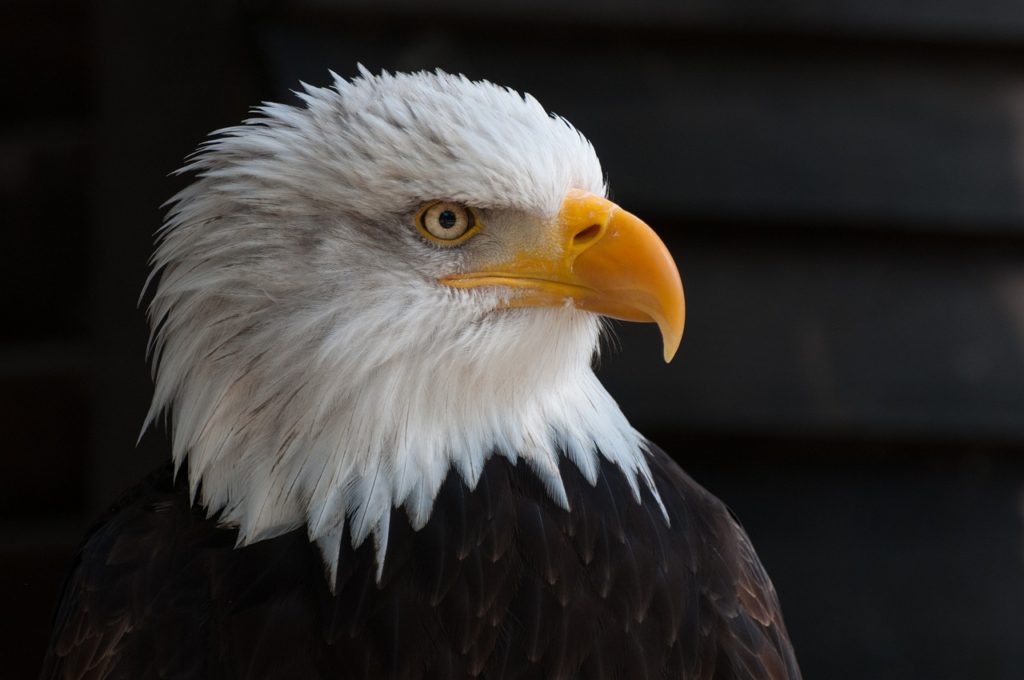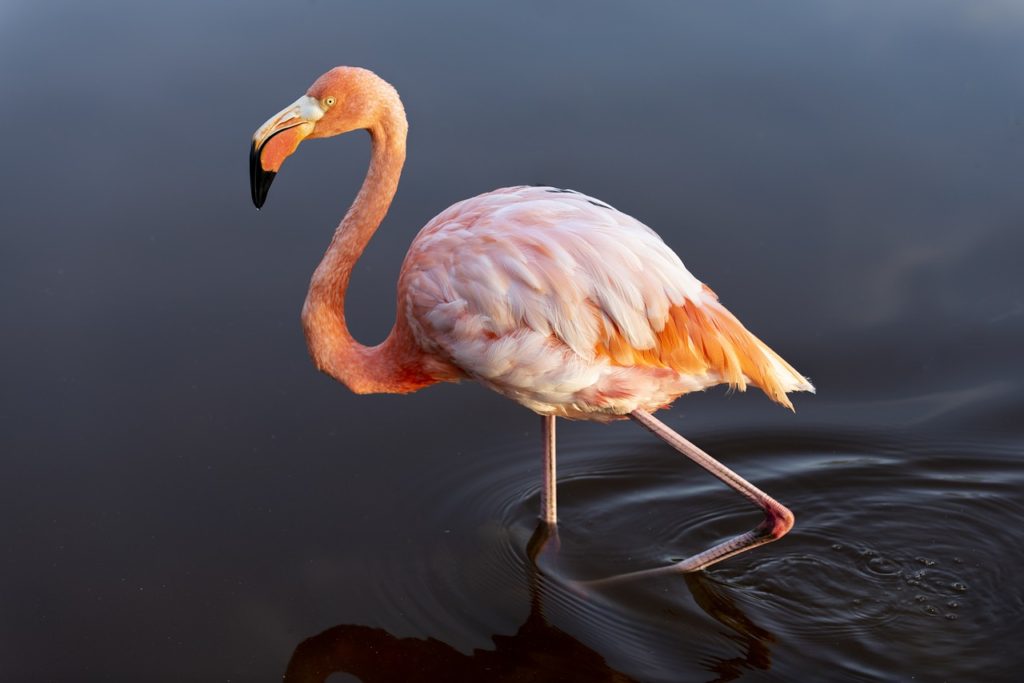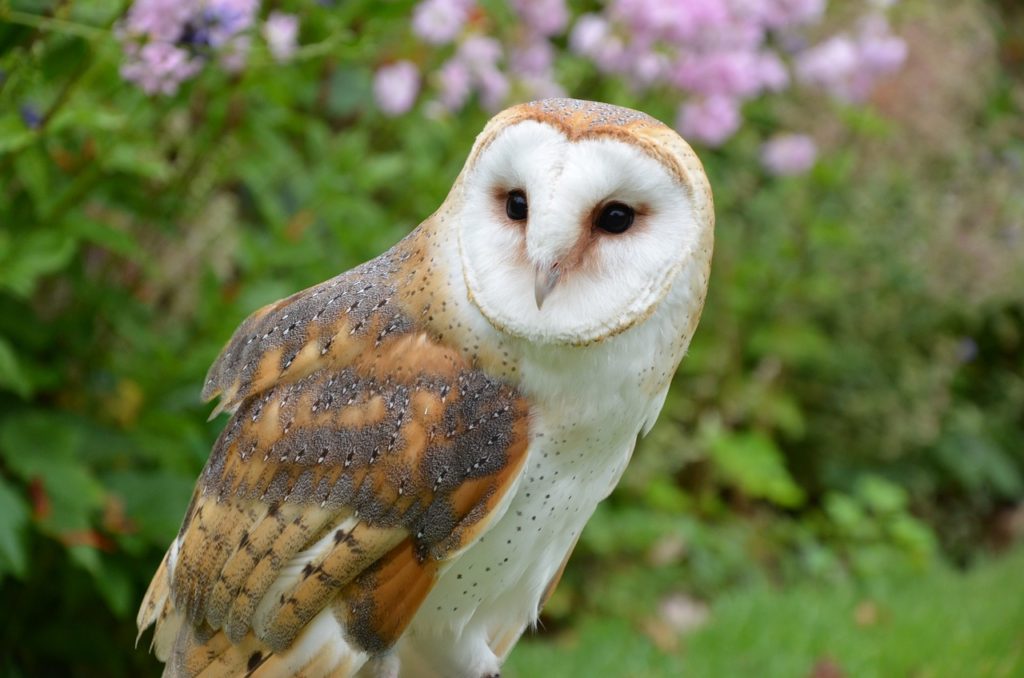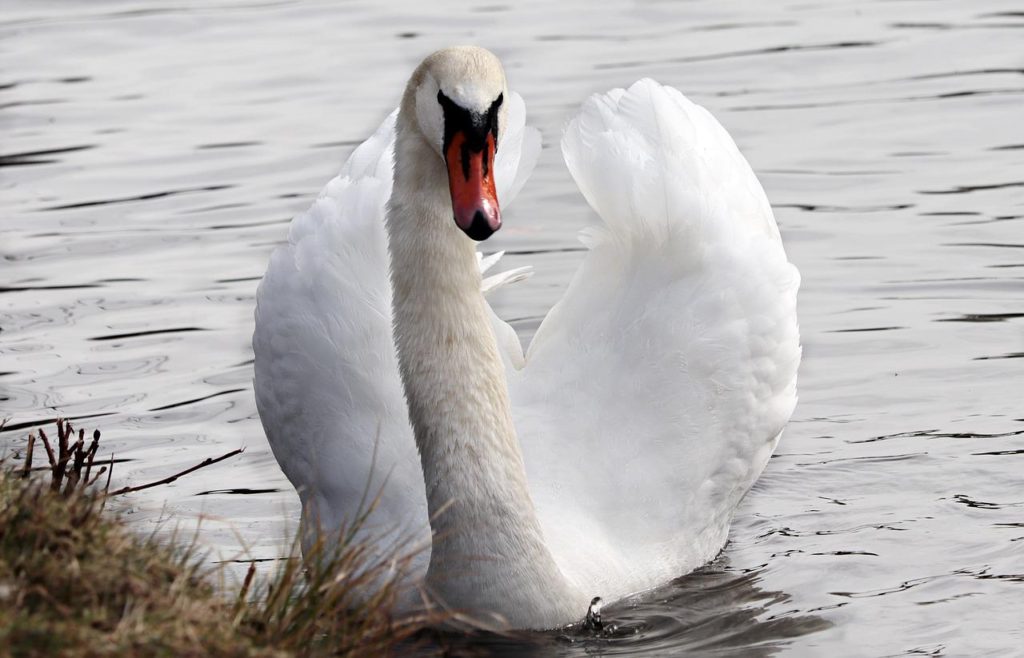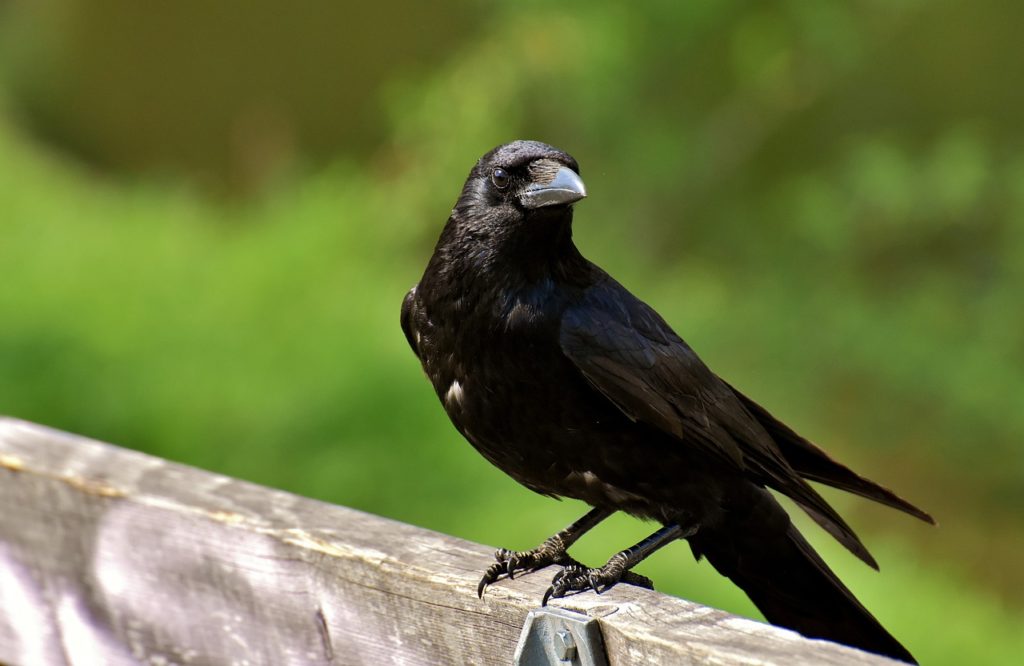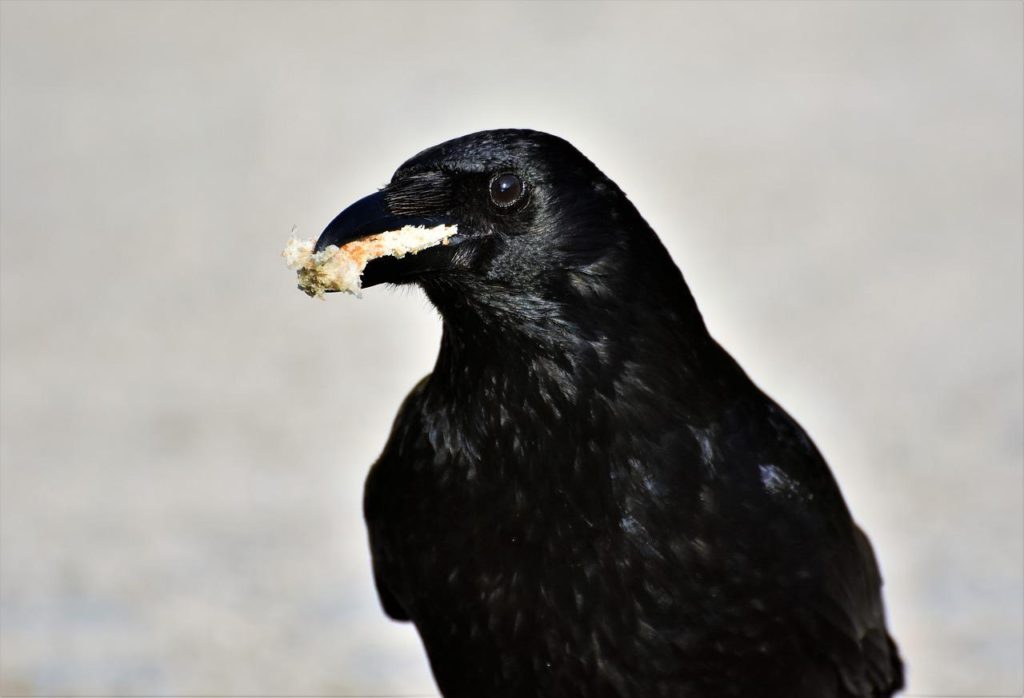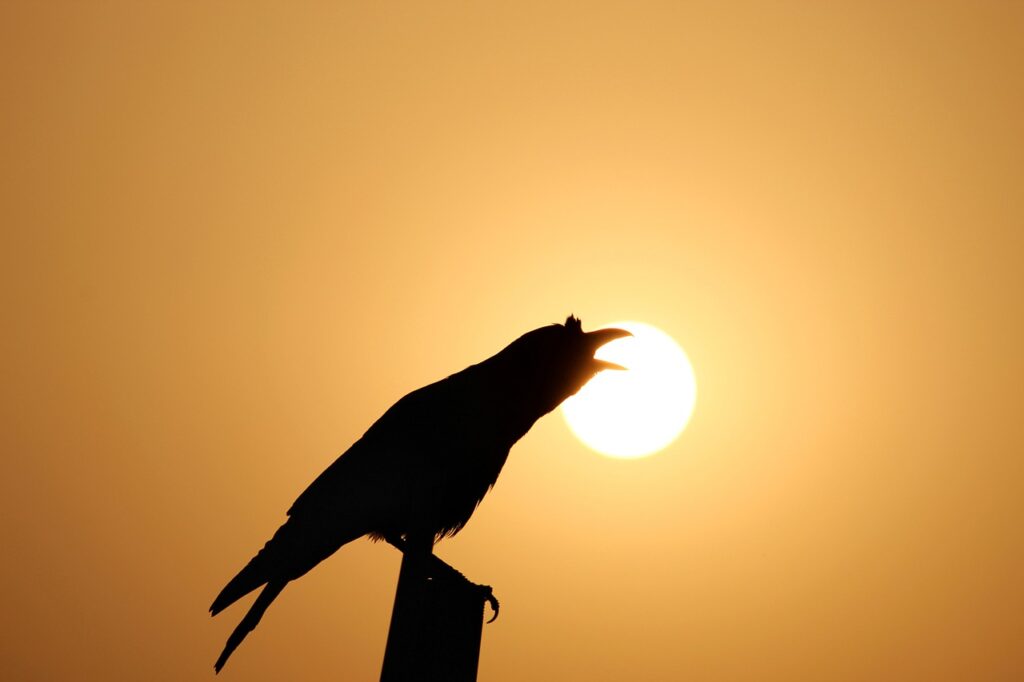
As anyone who has heard their loud “caws,” can tell you, crows are very noisy birds. In fact, they are considered one of the loudest of all bird species. But why are crows so loud? Read on to find out.
The Importance Of Vocalizations
Crows use vocalizations to pass on information to one another. For example, warnings of incoming predators to alerting rivals of territorial boundaries, and when attempting to attract a mate. And they use a range of different sounds to do so including calls, clicks, rattles, and squawks.
One of the most commonly heard are loud “caws,” which crows often use to warn other crows in their family group that there is danger. They also sometimes mimic the sounds of other animals and birds in their environment and are even capable of mimicking human speech.
Vocalizations are also highly important when it comes to establishing a social hierarchy and maintaining peaceful order in the family group. This group typically consists of a breeding pair (that stay together for life) and their offspring from previous years until they are sexually mature.
The breeding pair has the highest position in the group while the offspring hold varying positions which are determined by factors such as age, experience, and even the unique relationships between them. Together the group will forage for food, roost, raise the young, and defend their territory so cohesion in the group is immensely important.
Why Are Crows So Loud?
While crows aren’t the single loudest bird species on the planet they are one of them. In fact in ideal conditions, a crow’s call can be heard up to two miles away or even potentially farther. That’s pretty loud! Crows actually have a unique anatomy that allows them to vocalize at such high volumes.
Compared to most other birds they have a larger vocal tract. And in addition, the muscles surrounding their vocal tract are well-developed. This gives them the ability to generate both louder and more distinct calls than the majority of other bird species.
One of the most common reasons that crows call loudly is to alert their group to danger. When they spot a threat whether it’s a cat or hawk they will make loud caws to let the other crows in the area know. And if you happen to be wondering “Why are crows so loud when they see you,” the answer is you’ve most likely been spotted by a sentinel and identified as a threat.
It’s common for crows to strategically place sentinels to watch for danger. While the rest of the group forages for food one or more sentinels will be perched at high vantage points as lookouts for potential predators. And if a threat is spotted they will loudly sound the alarm giving the rest of the group time to escape.
Male crows in particular can be quite noisy during the breeding season as they make loud calls to attract a mate. The volume of their call is important since it is the loud and dominant males that typically are successful.
Why Are Crows So Loud In The Morning?
If you’ve ever been woken up by noisy crows in the morning you’re most likely wondering why they’re so loud in the early morning hours. Like many animals, crows are diurnal, which means that they are active during the day and sleep during the night. And crows often start their day with cawing sessions with the entire family group participating in a chorus of noisy vocalizations.
These sessions serve several significant purposes. Engaging in cawing sessions first thing in the morning reinforces the social bonds in their group at the start of the day, allows them to coordinate activities, and assert their presence in their territory for neighboring crows to hear. When doing so they sometimes will engage in back-and-forth calls with groups of crows from neighboring territories.
These exchanges between different groups can be quite intense and often be heard from a long way off. However, of course, crows may make loud calls or vocalizations at any time of the day, not just in the morning.
Why Are Crows So Loud At Night?
During the late fall and winter months, crows will sleep at night in communal roosts. These roosts are made up of many different individual groups of crows. And the total number of birds may be in the hundreds, thousands, or more.
Roosting in such large numbers helps to keep them safe from nocturnal predators such as owls, keeps them warm during the freezing winter nights, and allows them to communicate information to other groups, and possibly meet mates. During this time of year, they will return to their territory in the daytime to forage for food and defend it.
And each evening shortly before sunset they will fly to a pre-roost location. Different groups of crows will fly in from all around and interact and communicate with each other. This can be ear-piercingly loud especially if there is an enormous number of birds.
As darkness falls they will then move to the roost and there too they can be unbelievably loud as they find their positions for the night in the roost and begin to settle in. However, once they do settle, while still vigilant of predators, they are typically quiet during the rest of the night. That is of course unless they happen to be attacked or alerted to a predator during the nighttime hours.
Conclusion
So why are crows so loud? Crows have physical features that allow them to make calls at levels that are so loud that they can be heard for several miles. And they may make those calls in the defense of their territory, when attracting a mate, alerting their group to predators, and when roosting in large numbers. In addition, the volume of their calls can be influenced by the time of year and time of day.
Start Shopping for Birding Supplies!
Crow Symbolism: Everything You Need To Know
Ever wondered why the crow has captured the imagination of so many cultures throughout history? Let's embark on a fascinating journey through the world of crow symbolism, unraveling its mysteries and discovering its significance across various cultures, religions, and...
Creepy Facts About Crows
Crows are highly intelligent birds that have thrived alongside us humans. However, while they are fascinating creatures, at the same time, there are many things about them that many people find quite unsettling. That being said here as some of the most creepy facts...
Do Crows Remember Faces?
Crows are known for their intelligence. But do crows remember faces? You bet they do! Here's what you'll want to know. Crow Intelligence Crows are brilliant birds. In fact, their level of intelligence is often compared to that of primates. They are so smart that they...
Why Are Crows Black?
American crows are birds with all-black plumage. But why are crows black? Well, there are several reasons. Read on to find out. Bird Color Basics Birds are some of the most colorful creatures on the planet. And they come in an amazing range of colors from white to...
Are All Crows Black?
When it comes to crows, most people are familiar with the image of a sleek-looking solid black bird. But are all crows black? No, they aren't. Here's what you'll want to know. The American Crow Is Not All Crows The American crow is found throughout most of North...
How Long Do Crows Live?
How long do crows live? That's one of the many questions people ask about these familiar all-black birds. Here's what you'll want to know about the lifespan of crows and what affects it. How Long Do Crows Live In The Wild? In the wild American crows have a lifespan of...
Enemies Of Crows
Crows are a common sight in many parts of the world. However, most of us don't realize that these distinctive jet-black birds face a range of threats even when they are in our own backyards. The following are the main enemies of crows. Natural Predators of Crows One...
Predators of Crows
In many places, crows are such a common sight that it can be easy to forget that they actually have many predators. And being "on the menu," for a range of other animals is actually why these birds are so wary. That being said, here is everything you'll want to know...
Are Crows Territorial?
Are crows territorial? The answer is yes. However, just how territorial they are can depend on several factors. Here’s what you’ll need to know. Territoriality In Birds Territoriality is the behavioral trait of defending and maintaining a specific area territory...
What Eats Crows?
Crows are large and highly intelligent birds that eat a wide variety of foods including many other animals. So, what eats crows? Here are the most common crow predators and what you’ll want to know about them. Birds Of Prey The birds of prey are a group of predatory...
Are Crows Friendly?
Crows are commonly seen, and heard, in close proximity to us in our towns and cities. But are crows friendly? The answer may surprise you. Crows Are Highly Social Birds Crows are social birds that live in family groups. And they are well known for forming close bonds...
Do Crows Mate For Life?
Do crows mate for life? Yes, they do. And this behavior is highly advantageous to them. Here's what you'll want to know. How Do Crows Attract A Mate? Crows are social birds; most of the year, they live in small family groups. During the breeding season, however,...
Birds With Talons
All birds have claws. However, only a few types have the scary-looking and dagger-sharp claws called, “talons”. So here are the birds with talons and what you’ll want to know about each of them. What Are Talons? Talons are the claws of a group of predatory birds known...
Birds With Tails
Just like birds themselves, birds’ tails come in a wide range of shapes and sizes. And some tails of course are more interesting and remarkable than others. The following are birds with tails that never fail to impress! Long-Tailed Tit The long-tailed tit, also known...
Birds With White Heads
There's no doubt about it, birds with white heads really stand out. From small to large they are quite a unique bunch. So here are some of the most fascinating white-headed birds and what you'll want to know about them White-Headed Vulture The white-headed vulture is...
Birds That Look Like Flamingos
Flamingos are wading birds with long necks and legs. These social birds live in groups and have strongly hooked downward-facing beaks which they use to feed on shrimp and other small water creatures. And they are famous for their stunning pink color. With such a...
How To Attract Owls To Your Yard
Owls are nocturnal birds of prey that can be extremely helpful when it comes to controlling rodent populations in a natural way. That is of course if you can attract them to your property by creating an owl-friendly habitat. So keep reading to find out how to attract...
Why Would A Swan Be Alone?
It's widely known that swans are incredibly social and romantic creatures, so it can be disconcerting when you encounter a solitary swan. However, there are several reasons why this might be. So why would a swan be alone? Here's what you'll want to know. But first,...
How To Attract Crows To Your Yard
Crows aren’t always pests as many people believe. In fact, these super smart birds can actually help to rid your property of many common backyard and garden pests themselves. So here’s your step-by-step guide on how to attract crows to your yard! Step 1. Create A...
What Do Crows Eat?
With roughly 40 different species, crows are a common sight in most places around the world. And while most of us are familiar with their appearance and harsh vocalizations, their diet is not as obvious. So what do crows eat? Here's what you'll want to know. What Do...
